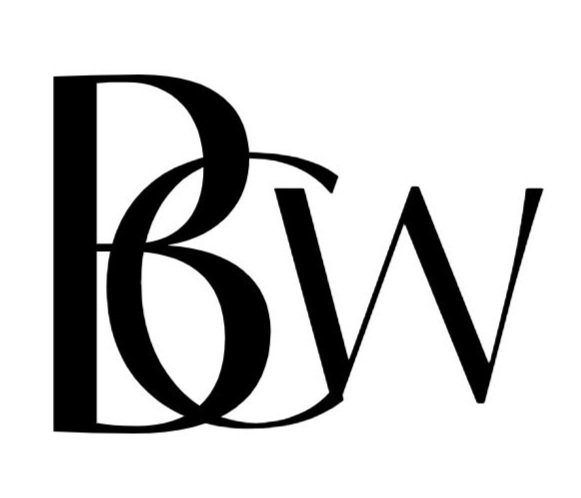Constructive Conflict: Mastering a calm and controlled response to conflict
Constructive Conflict: Mastering a calm and controlled response to conflict
Differences that often lead to conflict can become apparent when people struggle asthey share their preferences, ideas, perceptions, or goals. Often the difference canbe based on personal values, which can be difficult to change.
Whether at home or work, you invariably encounter people who hold views and act inways that differ from you own values or beliefs. These differences highlightapproaches to problem solving that may not be compatible.
Constructive conflict refers to a form of conflict or disagreement that is approachedand managed in a positive and productive manner. It involves engaging in open andrespectful communication, actively listening to different perspectives, and workingtowards finding mutually beneficial solutions or outcomes.
If you recognise conflict and deal with it honestly and openly you won't end up withunnecessary tensions, bruised egos and ongoing hostilities.
In constructive conflict, the focus is on addressing and resolving the underlyingissues or differences, rather than attacking or belittling the individuals involved. Itacknowledges that conflicts are natural and can lead to growth, innovation, andimproved relationships when handled effectively.
The benefits of constructive conflict include improved decision-making, increasedcreativity and innovation, enhanced relationships and teamwork, and thedevelopment of better solutions or strategies. By fostering an environment thatencourages constructive conflict, organisations and individuals can harness itspotential for positive outcomes and growth.




